O autorach książki
C# (LINQ, .NET Framework, WPF, FinMath) (2008-), Python (NumPy, SciPy, Pandas, MatPlotLib) 2.7/3.3 (2011-), C++/C++11 (2007-), Java (2011-11) Functional: F# (2014-) Machine Learning PyML (2013-), MatLab Database: SQL (SSMS) (2008-), Hadoop/HDInsight (2014-) Shell: C-Shell (1990-2000), PowerShell ISE (2012-) Stat/Packages: MatLab (2013-) Quant/Packages: QuantOffice (2013) Source Control: GitHub (2013-) IDE: VS2012, SSMS (2008-) Agile: Scrum 2.1 (2012-) Office: Excel/VBA (2007-)
I will always be indebted to Bradley J. Lucier and Rodrigo Bañuelos, for being a constant inspiration, for their guidance and teachings. Special thanks to my editors, Sriram Neelakantam, Bharat Patil, Nikhil Potdukhe, and Mohammad Rizvi. Many colleagues have contributed with encouragement and fruitful discussions. In particular, I would like to mention Parsa Bakhtary, Aaron Dutle, Edsel Peña, Pablo Sprechmann, Adam Taylor, and Holly Watson.
But the most special thanks go without a doubt to my wife and daughter. Grace’s love and smiles alone provided all the motivation, enthusiasm and skills to overcome any difficulties encountered during the pursuit of this book, and everything life threw at me ever since she was born.
Sergio J. Rojas G. is currently a full professor of physics at Universidad Simón Bolívar, Venezuela. Regarding his formal studies, in 1991, he earned a BS in physics with his thesis on numerical relativity from the Universidad de Oriente, Estado Sucre, Venezuela, and then, in 1998, he earned a PhD in physics from the Department of Physics at City College of the City University of New York, where he worked on the applications of fluid dynamics in the flow of fluids in porous media, gaining and developing since then a vast experience in programming as an aid to scientific research via Fortran77/90 and C/C++. In 2001, he also earned a master's degree in computational finance from the Oregon Graduate Institute of Science and Technology. Sergio's teaching activities involve lecturing undergraduate and graduate physics courses at his home university, Universidad Simón Bolívar, Venezuela, including a course on Monte Carlo methods and another on computational finance. His research interests include physics education research, fluid flow in porous media, and the application of the theory of complex systems and statistical mechanics in financial engineering. More recently, Sergio has been involved in machine learning and its applications in science and engineering via the Python programming language.
Sergio J. Rojas G. is currently a full professor of physics at Universidad Simón Bolívar, Venezuela. Regarding his formal studies, in 1991, he earned a BS in physics with his thesis on numerical relativity from the Universidad de Oriente, Estado Sucre, Venezuela, and then, in 1998, he earned a PhD in physics from the Department of Physics at City College of the City University of New York, where he worked on the applications of fluid dynamics in the flow of fluids in porous media, gaining and developing since then a vast experience in programming as an aid to scientific research via Fortran77/90 and C/C++. In 2001, he also earned a master's degree in computational finance from the Oregon Graduate Institute of Science and Technology. Sergio's teaching activities involve lecturing undergraduate and graduate physics courses at his home university, Universidad Simón Bolívar, Venezuela, including a course on Monte Carlo methods and another on computational finance. His research interests include physics education research, fluid flow in porous media, and the application of the theory of complex systems and statistical mechanics in financial engineering. More recently, Sergio has been involved in machine learning and its applications in science and engineering via the Python programming language.
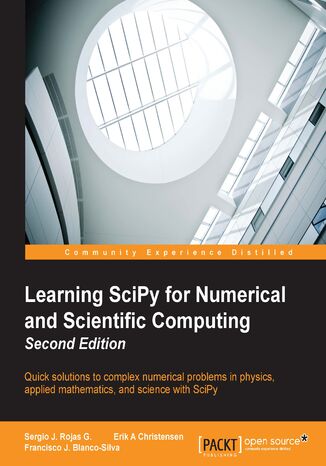





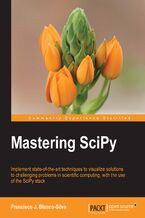


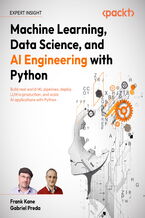
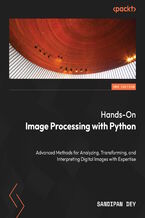


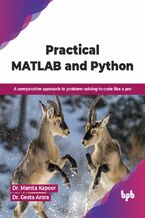
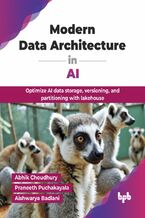
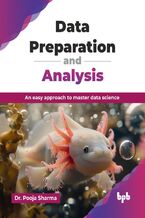
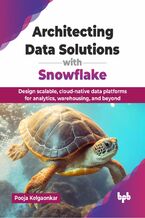







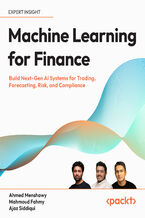
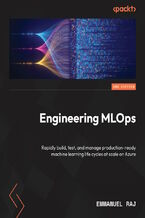

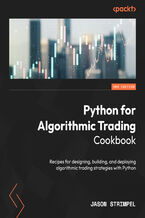

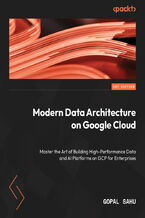
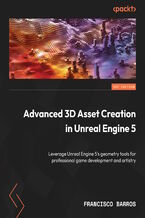
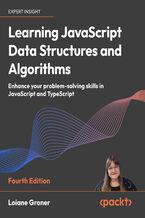
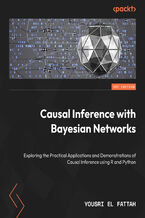
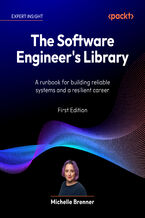



Oceny i opinie klientów: Learning SciPy for Numerical and Scientific Computing. Quick solutions to complex numerical problems in physics, applied mathematics, and science with SciPy Erik Christensen, Francisco Javier Blanco-Silva, Sergio J Rojas G, Sergio J Rojas G (USD)
(0)